The Garden
The garden of 13 acres, set within the estate in the Stour valley, features some unusual mature specimen trees and a Saxon fishpond which fed the inhabitants of Wimborne’s monastery between 8th and 11th centuries. The American Swamp Cypress and Tulip tree (both over 100ft tall) were planted by explorer Thomas Hanham on his return from a voyage to the New World in 1607.
The kitchen garden is enclosed by an C18th ‘serpentine’ wall. It was the first organic garden in the country to be accredited by the Soil Association, under the supervision of William’s mother, Lady Jane Hanham. Fast forward to today and the garden still provides chemical-free produce thanks to the help of our wonderful volunteers. Other features include a herb garden, orchard, apiary and the River Allen chalk stream - paradise for fly-fishermen.
Permaculture at Deans Court
Throughout history, human kind has always fought for control over Nature. Our present food industry embodies this war, strongly reliant on chemicals and petrol to operate heavy machinery, stripping the land to mass produce monocultures and following practices that damage the soil, biodiversity and the environment in general.
The walled vegetable garden at Deans Court follows sustainable growing practices that embrace the principles of Permaculture. Adopting a ‘No Dig’ system for our beds, and regularly feeding the soil from the surface with layers of compost is a core element of this philosophy.
In 1978, Professor Bill Mollison and his graduate student David Holmgren developed the term Permaculture, an amalgamation of “permanent and agriculture”. Permaculture’s main principle is to work with Nature and to follow her methods rather than attempting to outsmart her with man-made science. The system promotes sustainable plant and animal farming and healthy ecosystems while, at the same time, working to protect and build soil. By observing how natural systems have evolved over millions of years to work and regenerate themselves, Permaculture mimics these processes, aiming at nutrient recycling and ecological regeneration. Digging damages the fragile structure and chemical balance of soil in many ways, so Permaculture follows the natural principle of allowing the complex ecology of the ‘underground’ to thrive as it has always done, by feeding it from above with composted material and letting subterranean flora and fauna process and deliver balanced nutrients to the roots of plants.
A key contributor to climate change is the release of CO2 into the atmosphere, and the soil plays a vital role in carbon sequestration. Digging reverses this critical function by releasing carbon back into the atmosphere.
We also try to keep our carbon footprint low by working with local suppliers for all our garden needs and by recycling as much as possible through composting and re-use of materials. And because Permaculture is also about healthy lifestyles and well-being we aim to create a beautiful and organized environment to work in and to visit, with wildlife-friendly flower borders providing color and texture throughout the year.




